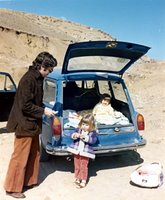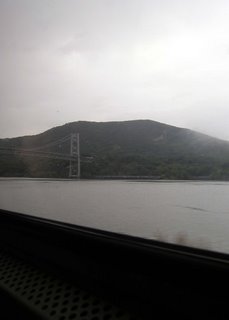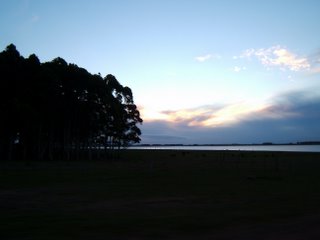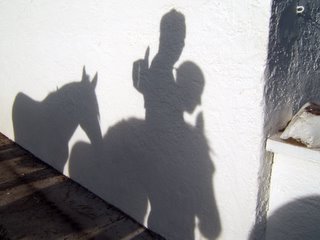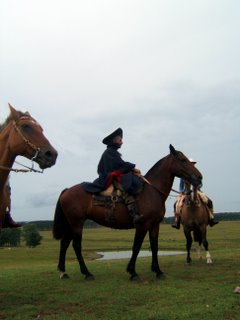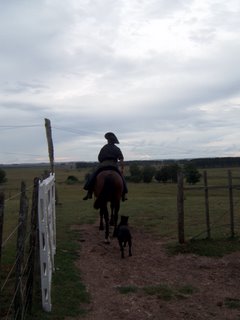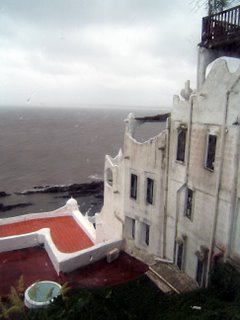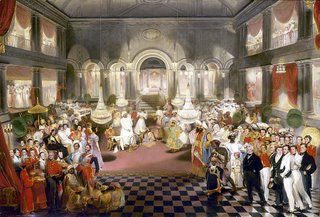
When Mountbatten was Commander of the British Navy in the Mediterranean, spit and polish often allowed the British to outshine other fleets, Lady Pamela observes:
"Our pageantry is so marvelously done because it doesn't become comic opera," she noted.
"With some nations, it's too over the top - one plume to many."
From "Born a Lady" in W Magazine
(Context: Mountbatten was Lady Pamela's father, the Last Viceroy of India, friend to Gandhi and Nehru, rumored to have shared his wife's affection with the latter.
Lady Pamela is widow of late interior designer David Hicks, mother to designer Ashley Hicks and social beauty and sometimes coffee-table-book auteur, India Hicks.)
